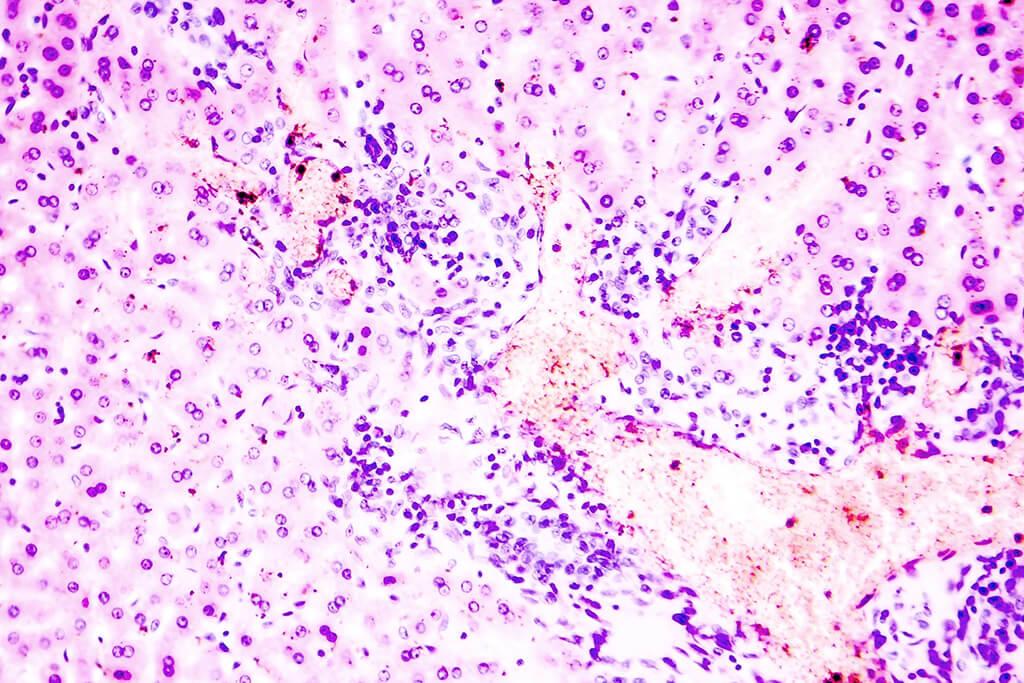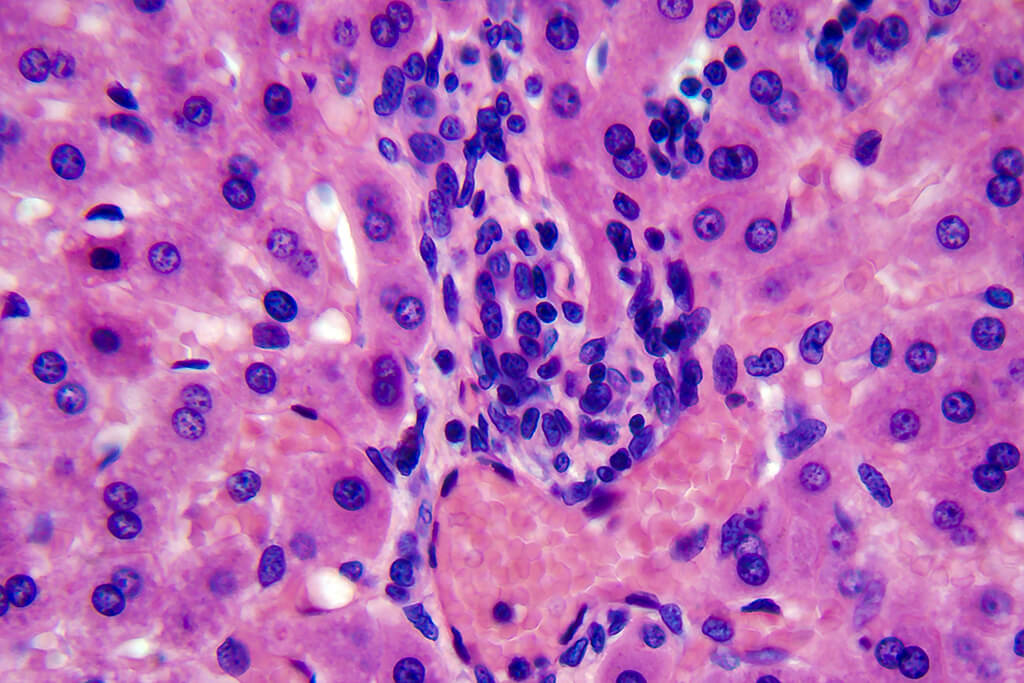Comprehensive parasitological tests
Changes in consumer consciousness and the increasing demand for safer, more natural food of animal origin have brought about alterations in the way animals are kept. Free-range production methods have become increasingly widespread, especially in the field of raising poultry.
The reintroduction of extensive livestock production methods has resulted in the reappearance of certain diseases that had become insignificant or were almost completely eradicated in intensive livestock keeping. These diseases include a variety of digestive system parasitoses. Free-range livestock may be exposed to substantial pressures, as they may ingest multiple types of parasites, both directly and indirectly, through the consumption of intermediate hosts.

Parasites may also be present in intensively farmed livestock. One of the most economically significant poultry diseases in the world today is coccidiosis caused by Eimeria spp.. Besides coccidiosis, various parasitic nematodes are also of major importance, such as Ascaridia galli, Capillaria spp. and Heterakis gallinarum.
Comprehensive or targeted parasitological tests on fecal samples can be conducted by the Marek Laboratory. The results of conventional parasitological tests can also be confirmed using modern molecular biological methods. Precisely defining a parasite by mapping its genetic material facilitates the selection of target anti-parasitic treatment or prophylaxis.




